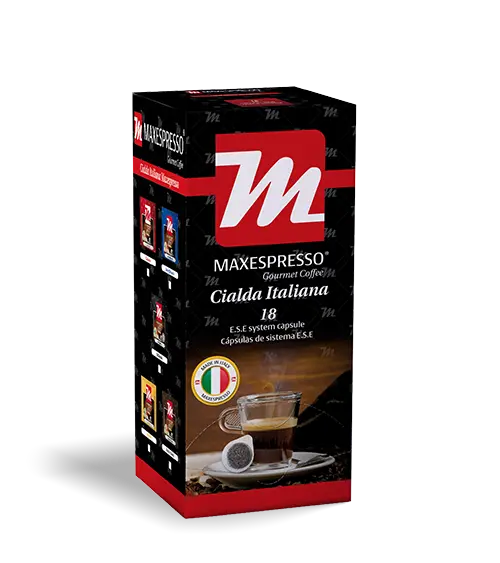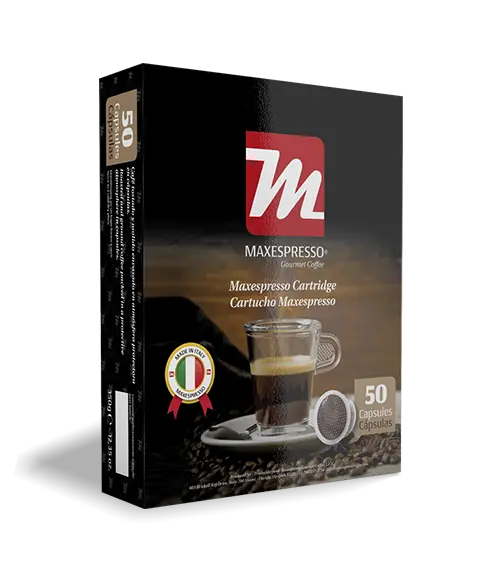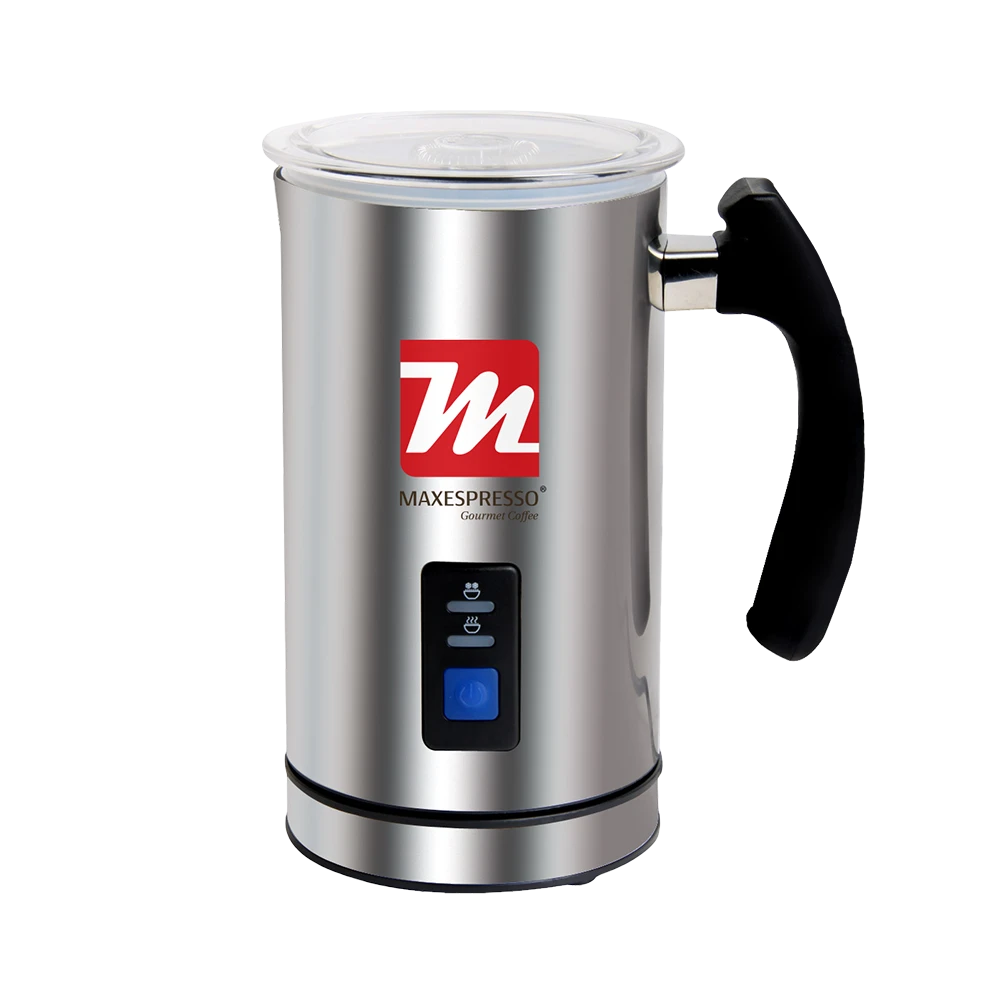MAXESPRESSO COFFEE
Welcome to the experience of a coffee that goes beyond simple awakening, a coffee that connects with our heritage and reminds us of who we are. Welcome to a Premium coffee that will transport you through time as you enjoy each delicious sip.
MAXESPRESSO MACHINES
Maxespresso machines provide the convenience and speed that modern coffee lovers seek in their daily lives. From delicious espressos to creamy cappuccinos and perfectly balanced lattes, each cup is a true masterpiece.
